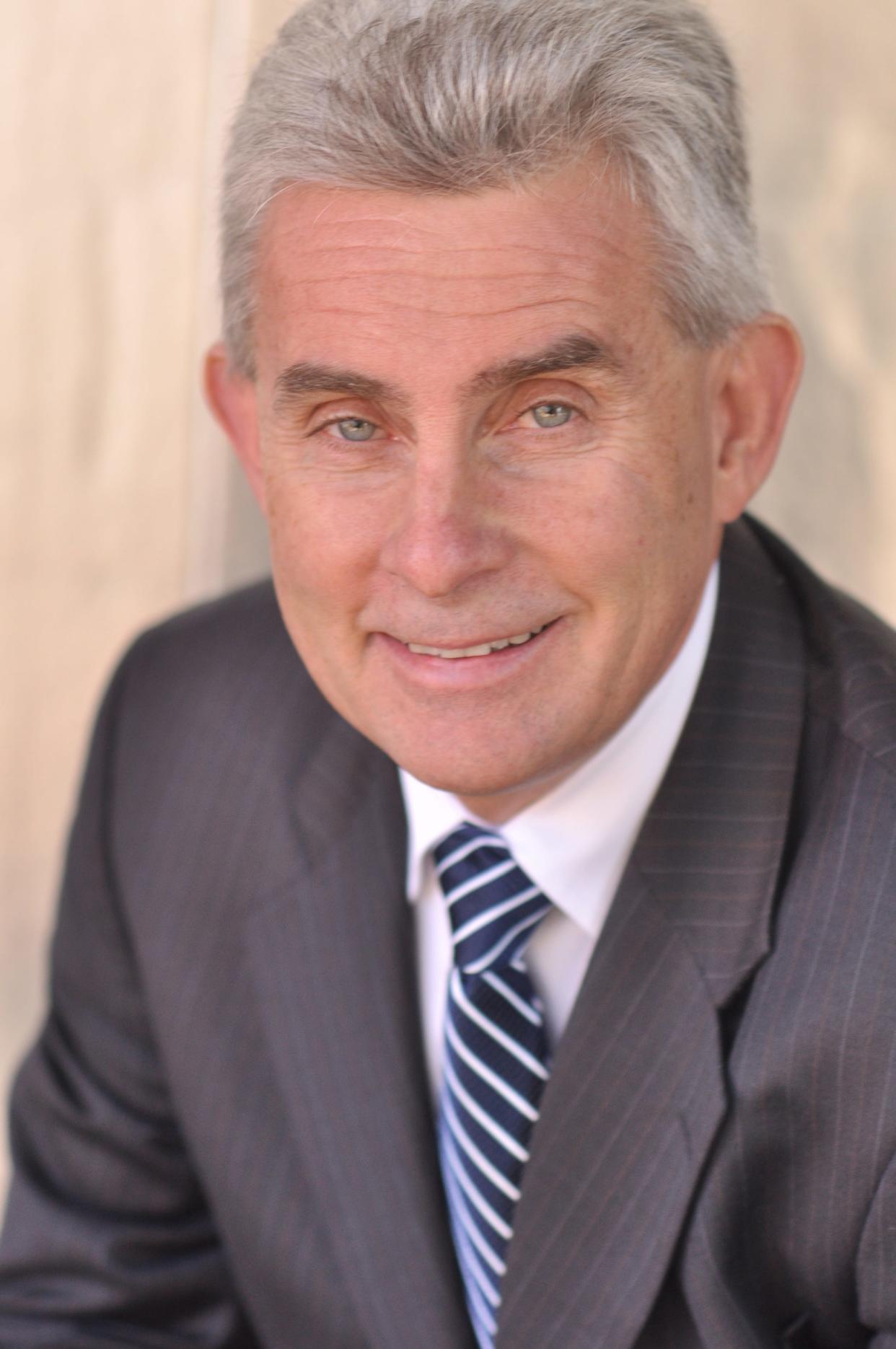The partnership between tribal nations and small businesses is invaluable. The IRS could unravel it

The Senate Finance Committee has a hearing with IRS Commissioner Daniel Werfel coming up, and this is another opportunity for members of the committee to stand up for small business owners utilizing microcaptives to mitigate risk.
Many small business owners may be denied coverage by traditional insurance companies or are looking for greater flexibility in tailoring coverage types and limits to address their specific, often unique, risks. Microcaptives, or 831(b)s, serve as a viable solution, offering a range of benefits beyond traditional insurance.
When an organization considers forming a captive and taking the 831(b) election, they often seek guidance from experts who can help them determine if this option aligns with their best interests.
For many, Native American tribes present an appealing option. Thanks to their legal status as sovereign nations, tribes can establish domiciles to support businesses within their jurisdiction. The Modoc Nation exemplifies this approach, having established its own tribal domicile in 2018. The Modoc Insurance Department has since become home to over 700 direct write and reinsurance companies, with that number steadily growing.
To help facilitate this growth, most of the day-to-day decision-making and oversight is in the hands of the tribal insurance commissioner. I have taken on this role for the Modoc Nation as an experienced attorney with a focus on representing individuals and businesses in matters related to insurance law.
More: Oklahoma bill would make medical care requiring prior authorization more transparent
Fees paid by business owners for microcaptive formation and renewal directly benefit the Modoc Nation's social and environmental services. Under the leadership of Chief Robert Burkybile, the Modoc Nation has implemented various government programs, including child care and development funds, mental health services, and an economic development plan that introduced a bison herd that has grown to more than 400.
We have witnessed an invaluable partnership between tribes and small businesses, which is now under threat due to the IRS's actions. We urge Congress, including Sen. James Lankford, to stand up for microcaptive users and work with the IRS to provide clear definitions of what constitutes insurance.
Without the IRS's cooperation and commitment to developing reasonable standards with small captive insurance agencies, we believe it is crucial for those using these plans to speak out. Despite Congress' efforts to make section 831(b) user-friendly, the IRS's actions threaten to undermine its effectiveness by prolonging court cases and intimidating honest business owners.
If you’re a small business owner utilizing microcaptives or have considered the benefit they could bring to your business by mitigating risk, I encourage you to contact your members of Congress.

Mark Weitzis an attorney and founder at Weitz Morgan PLLC and currently serves as insurance commissioner for the Modoc Nation in northeast Oklahoma.
This article originally appeared on Oklahoman: Microcaptive insurance policies necessary for small businesses
